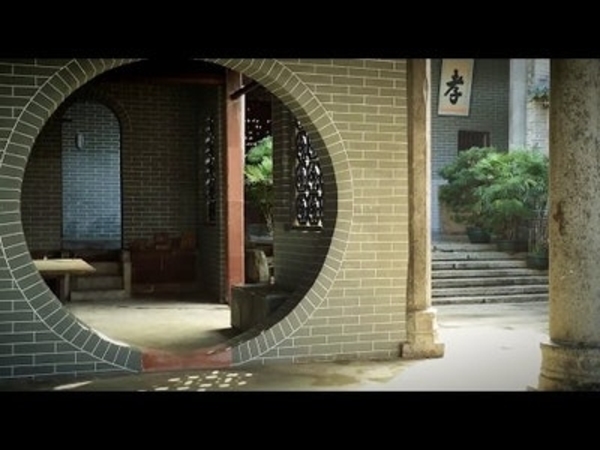Price:
5075 EUR
Contact
The University of Hong Kong
Description
If you are unable to access Youtube, the introductory video is available via XuetangX. Connect with the course team and fellow learners on Facebook at https://www.facebook.com/HKUxArchitecture
This 5-week introductory course is for those who would like to explore and be fascinated by vernacular architecture – the subject and study of everyday buildings, landscapes and sites which are not designed by professional architects but “ordinary” practitioners. It explores vernacular architecture as an expression of local identity, indigenous traditions, and assimilation of different cultures.
This course covers topics such as native building materials, the interaction between people, culture and the vernacular, as well as the vernacular landscape. It has a special emphasis on the built heritage of Asia, which allows students to take a closer look at examples in diverse locales, such as the leather yurts in Mongolia, timber houses in Japan, brick, mud and straw houses in India, reinforced concrete fortified towers and grey brick courtyard houses in Southern China including Macau and Hong Kong.
Designed to promote discussion and dialogue while contributing to the discourse surrounding the concept of the vernacular, this course challenges the perception of tradition and stimulates a deeper analysis of one’s local environment. Indeed, we are keen to hear about how you link your new understanding to vernacular architecture in your neighborhood.
Those who wish to extend their experience and exploration please also join our subsequent 5-week course The Search for Vernacular Architecture of Asia, Part 2 in Summer 2015.
本入门课程为期5周,适合本土建筑爱好者。本土建筑的研究对象是普通日常建筑、景观以及场所。它们并非出自建筑师之手,而是由普通人自己建造。在本课程中,我们将民居建筑视作不同地区的“社区认同”和“本地传统”以及不同文化融合的一种表达方式。
课程内容包括建筑技术和建筑材料、人与文化和传统、 以及本土建筑与景观。本课程以亚洲建筑文化遗产为实例,供学生深入学习,其中包括蒙古地区的蒙古包、日本的木结构房屋、印度的土屋、中国南方澳门与香港一带以钢筋混凝土为建筑材料的塔楼和灰砖庭院。
本课程旨在以讨论和对话的方式研究亚洲的本土建筑,推动本土概念的发展。在此之上,本课程反思了“传统”这个概念,使我们能够更加深入地分析自身所处的环境。我们期待能够听到一些您对本土建筑的新理解。
感兴趣的学生可以参加《探索亚洲地区的民居建筑,第2部分》。
Specific details
Category of Education
Arts and Humanities







 How to resolve AdBlock issue?
How to resolve AdBlock issue? 


Comments (0)